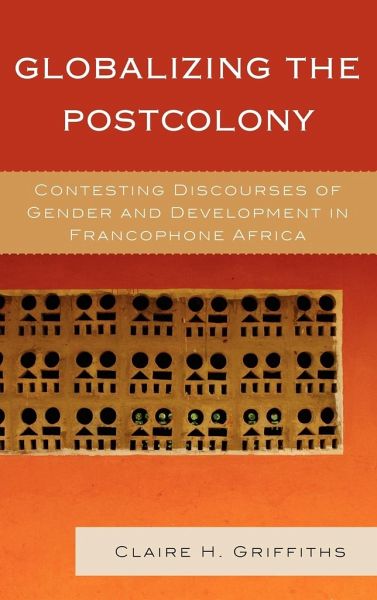
Globalizing the Postcolony
Contesting Discourses of Gender and Development in Francophone Africa
Versandkostenfrei!
Versandfertig in 1-2 Wochen
139,99 €
inkl. MwSt.
Weitere Ausgaben:

PAYBACK Punkte
70 °P sammeln!
Globalizing the Postcolony: Contesting Discourses of Gender and Development in Francophone Africa is a study of development in the former French colonies of West Africa. It takes as its starting point the international community's reporting on human and social development and gender in the developing areas, which began systematically in 1990 and which has provided a framework for policy-making in this field. This study analyzes current thinking on the challenges facing gender and development in Africa, before moving on to examine the historical factors marking the gender and development profil...
Globalizing the Postcolony: Contesting Discourses of Gender and Development in Francophone Africa is a study of development in the former French colonies of West Africa. It takes as its starting point the international community's reporting on human and social development and gender in the developing areas, which began systematically in 1990 and which has provided a framework for policy-making in this field. This study analyzes current thinking on the challenges facing gender and development in Africa, before moving on to examine the historical factors marking the gender and development profile of the francophone West African region. Through an analysis of gender politics in the region from pre-colonial to postcolonial times, the book examines the gradual incursion of exogenous gender policies into the region throughout the 20th century.













